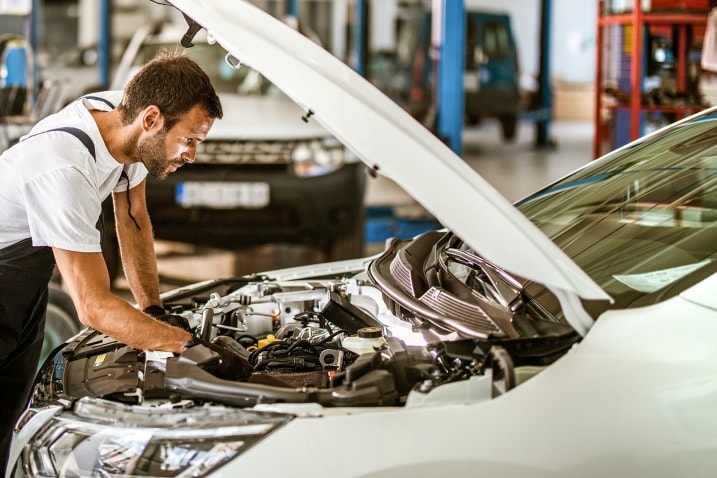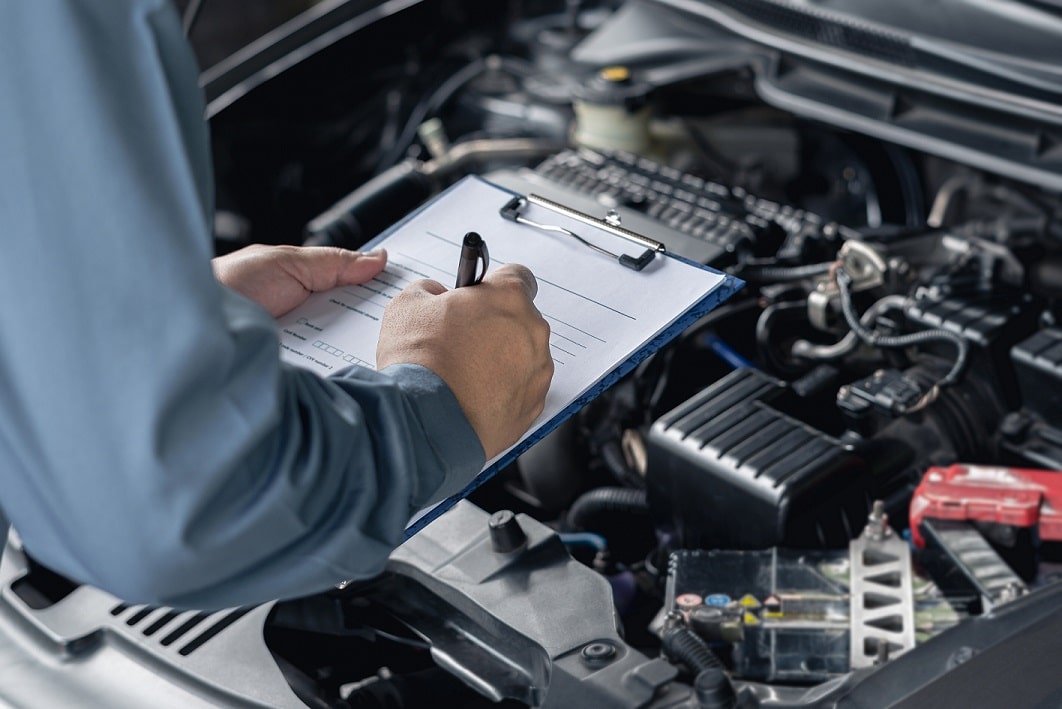All Categories
Featured
An automobile overheating can be a difficult situation, particularly if it happens unexpectedly. High engine temperatures can result in serious damage otherwise dealt with without delay. Knowing what to do when your car overheats and comprehending how to prevent it can save you from expensive repairs and guarantee your safety and security when traveling.
![]()
If Your Cars and truck Gets too hot,What to Do. Draw Over Securely. As quickly as you see indicators of getting too hot-- such as vapor increasing from the hood, a spiking temperature scale, or warning lights-- pull over to a secure area. Shut off the engine instantly to stop further damage.
Switch Off the air conditioning and Switch On the Heating unit. Transform off the air conditioning to decrease engine load and button on the heating system if you're not able to draw over right away. This redirects warmth away from the engine and into the cabin, which can help reduce the engine temperature briefly.
Open the Hood (with Care) Await the engine to cool off before opening the hood. Opening it ahead of time can expose you to hot heavy steam or warm liquids. Once it's safe, inspect the engine for evident indicators of problem, such as dripping coolant or a damaged radiator pipe.
Check the Coolant Degrees. If you have coolant or water in your vehicle, add it to the reservoir or radiator when the engine has actually cooled down. Stay clear of adding chilly water to a hot radiator, as it can trigger cracking.
![]()
Require Support. If you're not able to deal with the problem or diagnose, contact a tow vehicle or roadside assistance. Driving with an overheated engine can cause significant damage, such as a blown head gasket or deformed engine parts.
Just How to Stop Your Auto from Overheating. Inspect Coolant Levels Routinely. Guarantee your vehicle always has the proper quantity of coolant. Low coolant degrees are one of the most common root causes of getting too hot. If needed., frequently check the coolant tank and leading it off.
Inspect Radiator and Tubes. Try to find splits, leakages, or loosened links in the radiator and hoses. Change any kind of damaged parts immediately to stop coolant leakages.
Maintain Your Cooling System. Flush and replenish the cooling system as recommended in your vehicle's owner guidebook. With time, old coolant can shed its performance and fall short to secure the engine from overheating.
Monitor the Thermostat and Water Pump. A defective thermostat or water pump can disrupt the air conditioning system's feature. Have these parts examined throughout regular upkeep to catch concerns early.
Avoid Overwhelming Your Automobile. Extreme weight places extra stress on the engine and cooling system. Keep your load within the manufacturer's suggested limitations.
See the Temperature Gauge. Focus on your temperature level gauge, especially throughout heat or when driving up high slopes. Take precautions such as decreasing rate or transforming off the AC. if the gauge begins to climb.
Final thought. Taking care of an overheated vehicle doesn't need to be frustrating if you recognize what steps to take. Performing quickly and securely can protect against more damage to your engine. To reduce the danger of getting too hot, remain on top of normal maintenance, evaluate your air conditioning system, and drive responsibly. With correct treatment, you can maintain your engine running efficiently and stay clear of the hassle of an overheated vehicle.

If Your Cars and truck Gets too hot,What to Do. Draw Over Securely. As quickly as you see indicators of getting too hot-- such as vapor increasing from the hood, a spiking temperature scale, or warning lights-- pull over to a secure area. Shut off the engine instantly to stop further damage.
Switch Off the air conditioning and Switch On the Heating unit. Transform off the air conditioning to decrease engine load and button on the heating system if you're not able to draw over right away. This redirects warmth away from the engine and into the cabin, which can help reduce the engine temperature briefly.
Open the Hood (with Care) Await the engine to cool off before opening the hood. Opening it ahead of time can expose you to hot heavy steam or warm liquids. Once it's safe, inspect the engine for evident indicators of problem, such as dripping coolant or a damaged radiator pipe.
Check the Coolant Degrees. If you have coolant or water in your vehicle, add it to the reservoir or radiator when the engine has actually cooled down. Stay clear of adding chilly water to a hot radiator, as it can trigger cracking.

Require Support. If you're not able to deal with the problem or diagnose, contact a tow vehicle or roadside assistance. Driving with an overheated engine can cause significant damage, such as a blown head gasket or deformed engine parts.
Just How to Stop Your Auto from Overheating. Inspect Coolant Levels Routinely. Guarantee your vehicle always has the proper quantity of coolant. Low coolant degrees are one of the most common root causes of getting too hot. If needed., frequently check the coolant tank and leading it off.
Inspect Radiator and Tubes. Try to find splits, leakages, or loosened links in the radiator and hoses. Change any kind of damaged parts immediately to stop coolant leakages.
Maintain Your Cooling System. Flush and replenish the cooling system as recommended in your vehicle's owner guidebook. With time, old coolant can shed its performance and fall short to secure the engine from overheating.
Monitor the Thermostat and Water Pump. A defective thermostat or water pump can disrupt the air conditioning system's feature. Have these parts examined throughout regular upkeep to catch concerns early.
Avoid Overwhelming Your Automobile. Extreme weight places extra stress on the engine and cooling system. Keep your load within the manufacturer's suggested limitations.
See the Temperature Gauge. Focus on your temperature level gauge, especially throughout heat or when driving up high slopes. Take precautions such as decreasing rate or transforming off the AC. if the gauge begins to climb.
Final thought. Taking care of an overheated vehicle doesn't need to be frustrating if you recognize what steps to take. Performing quickly and securely can protect against more damage to your engine. To reduce the danger of getting too hot, remain on top of normal maintenance, evaluate your air conditioning system, and drive responsibly. With correct treatment, you can maintain your engine running efficiently and stay clear of the hassle of an overheated vehicle.
Latest Posts
Discover the Perfect Carpeting for Your Home
Published Apr 21, 25
1 min read
Wallet-Friendly Car Services: Professional Repairs at Affordable Rates
Published Apr 21, 25
2 min read
Find Expert Eye Vision Care Centers Locally at the Eye Center South
Published Apr 21, 25
1 min read